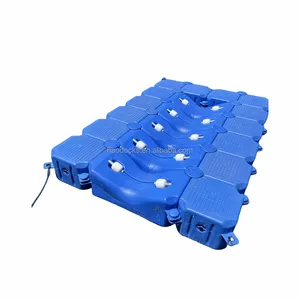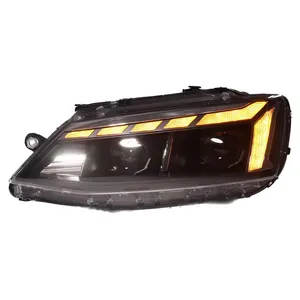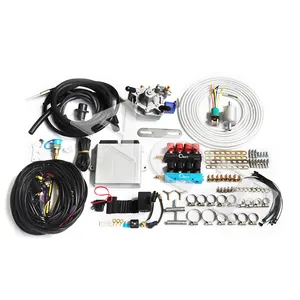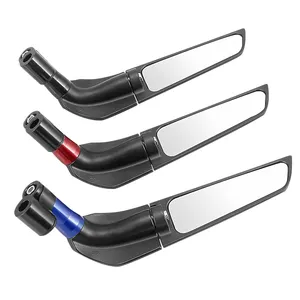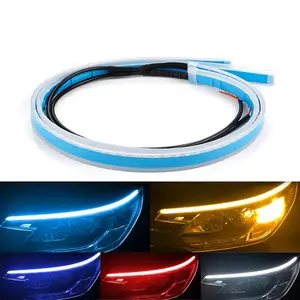Popular in your industry












































































































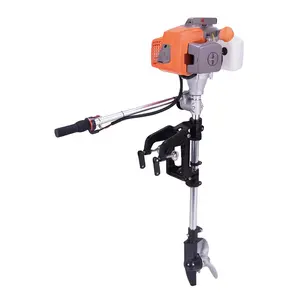


































































Top categories
About boat motors
Exploring the Versatility of Boat Motors
Boat motors, the heart of marine propulsion, come in various forms to cater to the diverse needs of watercraft. From powering small fishing boats to energizing sporty vessels, these engines are pivotal in defining the performance of a boat. Understanding the different types of boat motors helps in selecting the right match for a vessel's intended use.
Types of Boat Motors
Outboard motors, characterized by their position on the outside of the boat's hull, are a popular choice for a wide range of boats. These units combine a propeller, engine, and steering control, offering a compact and versatile solution. Electric outboard motors are gaining traction in the market, providing a quieter and more environmentally friendly alternative to traditional gasoline-powered engines. For those seeking a motor for smaller crafts or specific applications, trolling motors are ideal for their ability to navigate at low speeds with precision, often found in the arsenal of freshwater anglers.
Applications and Features
Boat motors are not one-size-fits-all; their applications vary greatly. Outboard boat motors are a common sight on personal watercraft, fishing boats, and pontoons, offering easy steering and maintenance. In contrast, inboard engines, typically located at the boat's stern, are better suited for larger vessels requiring more power and stability. For environmentally conscious boaters, electric outboard boat motors provide a clean operation, eliminating the exhaust odors associated with combustion engines.
Advantages of Modern Boat Motors
Advancements in technology have led to boat motors that are not only powerful but also efficient. Modern engines boast improved fuel efficiency, contributing to lower CO2 emissions. The design of certain motors allows for balanced weight distribution, which is particularly beneficial for high-speed and sport boats. Moreover, the advent of electric outboard engines has introduced a silent, zero-emission option for boaters, enhancing the appeal of marine activities without compromising the environment.
Materials and Sustainability
The construction of boat motors involves robust materials capable of withstanding harsh marine environments. Durability is a key factor, as these engines are exposed to saltwater, UV rays, and varying temperatures. The shift towards electric propulsion reflects a broader industry trend towards sustainability, with manufacturers increasingly focusing on reducing the ecological footprint of their products.
Choosing the Right Boat Motor
Selecting the appropriate motor requires an understanding of the boat's size, the water conditions it will face, and the desired performance. Whether it's a Yamaha marine motor known for its reliability, a Minn Kota trolling motor for stealthy fishing expeditions, or a powerful Mercury outboard for speed and agility, the choice depends on the specific needs and preferences of the boater. When considering a purchase, buyers should evaluate the motor's compatibility with their vessel and the intended use to ensure optimal performance and satisfaction.
